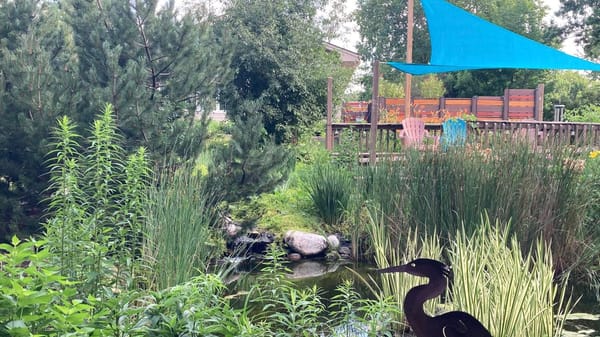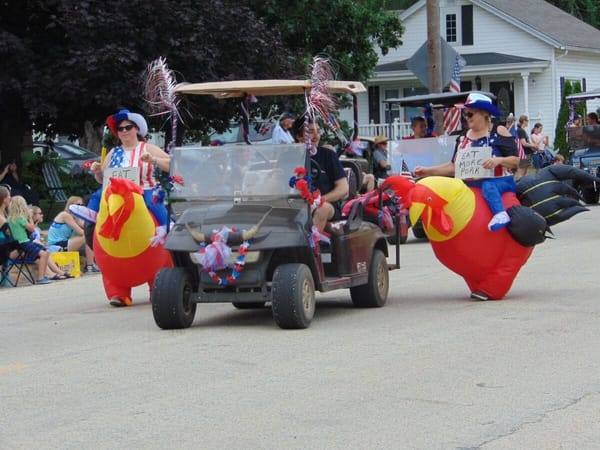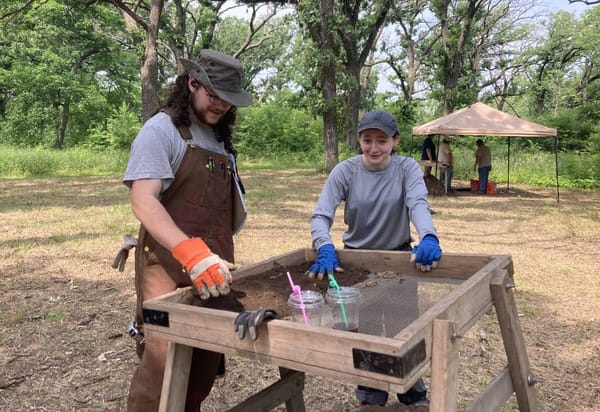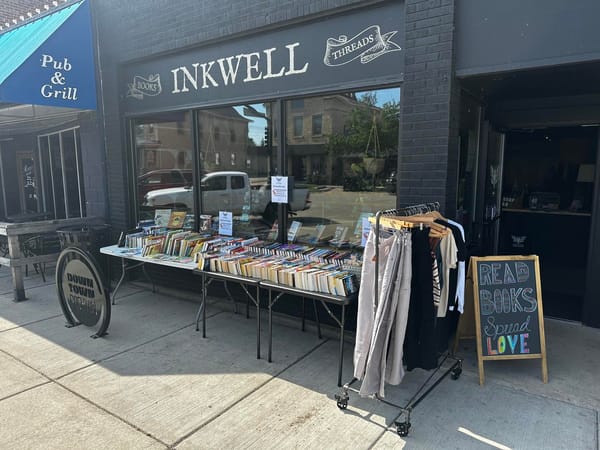Editorial: We're here to help you
Community news is different from mainstream media, because, like you, we live here.

In my first job as a journalist, I connected good news with good people who wanted to hear it, and I just realized that's what still motivates me. Good news that helps people: that's not what many think of when they think of the media. So much online news is really clickbait: "You won't BELIEVE what celebrities are drinking now to BURN fat!" (Answer: could it be water, maybe?).
For one thing, when people think of "the media," they don't think of reporters who live in their community. Why should we? As far as I know, Roscoe News is our community's first daily news outlet in 185 years. I'm still getting used to that. Last Tuesday night, I was in the Roscoe Village Hall, wearing my required mask, covering the Roscoe Board of Trustees meeting. I didn't see any reporters from Fox News or CNN in the audience. (There weren't a lot of people in the audience either.)
In school or non-profit organizations, I was the one who "sent something to the newspaper" about our upcoming events. I also used to work for a couple of locally-important public relations offices. Everything they did had to go through me, because I was the typist. Well, you have to start somewhere. I worked for one of my hometown's largest PR firms. I did the same kind of work for a very large university and for a regional hospital system.
As I read the newspaper or listened to the news, I soon realized something disturbing: public relations people were behind almost every news story I saw. Every article about the local theme park was based on press releases I had typed up. Every article about the mayor's new proposals were based on news releases from the mayor's press secretary. And so on.
Of course, reporters hate their dependence on paid PR staff, but they no longer have time or people to report on everything themselves. Rarely do they have time to write stories as in depth as the ones I've found myself writing. At this point businesses and organizations aren't writing up their news for me, though I hope they will start. I'm only one person, so far, and it's hard to to do all the research myself. (Tip: if you have something you want to share with the Roscoe community, click the yellow/gold button to add your event or short post.)
Working in public relations taught me (hopefully) what stories are interesting and news-worthy. But perhaps it's also given me a different perspective than other journalists. Many public relations practitioners started out as newspaper reporters, but not as many newspaper reporters started out as public relations practitioners. In PR, the point is to make the client look good, of course, but that means being constantly aware of questions that readers might ask. It really means being constantly focused on the needs of the readers. A client may want everybody in town to read his or her news, but a PR person can't guarantee people will read it unless the story is actually interesting or informative.
As a reporter, I sometimes ask hard questions, but I've realized I do it from the perspective of a public relations practitioner. Whenever I interview someone, I automatically find myself thinking of them as my client. Everybody becomes my client. I ask myself, "When people read this statement, will it bring objections to their minds? Let me give this person a chance to answer those objections." And when there are opposing sides, both sides become my client. That makes my stories more balanced, and therefore, more useful.





